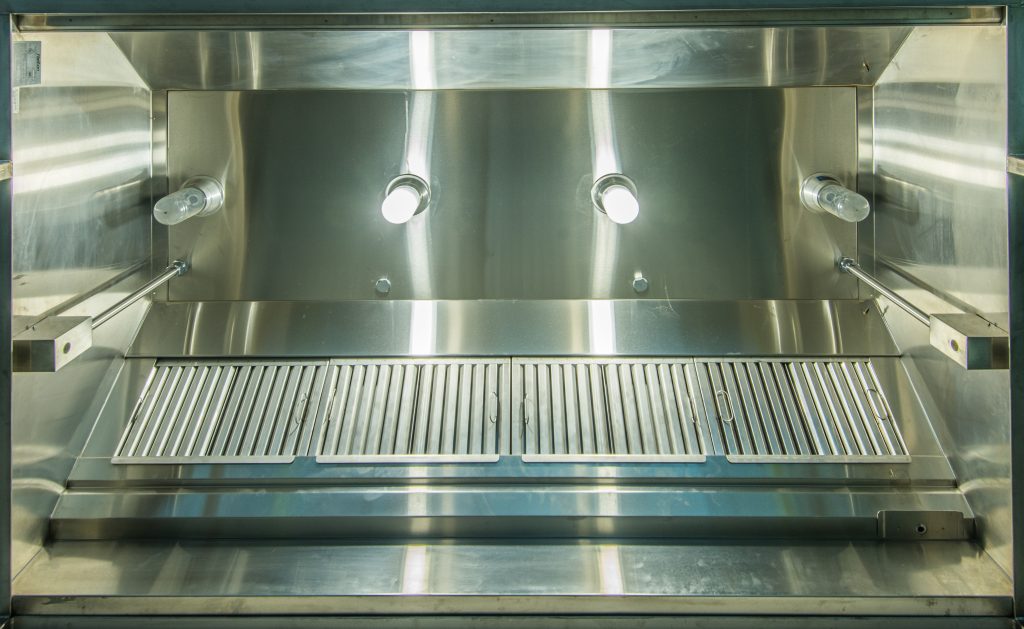Preventive maintenance is truly important to your business’ operation. In the midst of the COVID-19 crisis, many business owners are continuously evaluating their corporate strategies to determine contingency plans. However, as we ride this roller coaster of uncertainty together, it is important to not just strategize for short-term implications of the virus. Now is the time to determine the best steps — like preventive maintenance and reducing the risk of damage to unoccupied buildings — to assist your company on the road to recovery.
And, just like any rollercoaster at an amusement park, the beginning and end have a pinnacle moment. Currently, we are adapting to the changes being implemented to minimize the impact. How we adapt will influence what the pinnacle moment will look like as we return to normalcy.
Of course, it is anticipated by many that financial strains will be incurred by companies across the United States as well as the world. In recent years, the buzzword “resiliency” has swept many energy tradeshows. One thing to add to this — although not glamorous — is the critical importance of executing preventative maintenance on equipment. A few benefits of preventative maintenance include:
- Maximizing the efficiency of the equipment
- Reducing downtime cost
- Avoiding costly, last-ditch-effort service repairs
- Improving reliability
Therefore, during an economic challenge, it is critically important to the bottom line of any company to have its systems operating correctly.

Intelli-Hood Preventive Maintenance
Melink Corp has implemented Demand Control Kitchen Ventilation (DCKV) systems across thousands of kitchens as an energy control measure to reduce operating costs. When preventive maintenance is not performed, it can lead to expensive repairs and downtime. Consider these examples…
Systems are designed to “fail safe,” meaning even a simple error can result in all associated fans operating at 100% speed.
One VFD reaches its end-of-life cycle and fails. Instead of replacing the component, Operations decides it is best to bypass the VFD, which now has fans operating 24/7.
These examples have obvious implications to the facility’s bottom line and operating costs.
And taking the idea of preventive maintenance even further, businesses should plan for staff turnover. For example, if a system was installed 15 years ago, the likelihood of the same staff on site is low. Therefore, it is important to have all individuals trained on the equipment to understand standard maintenance operations.
Taking Preventive Maintenance Steps
So how can your business prevent fix-on-fail for DCKV systems and other equipment?
Discuss with manufacturers to see if preventative maintenance services are offered. The cost of a service is low compared to the potential savings that can be lost with a system not operating correctly. The goal is to have a company maximize its bottom line to become financially stable or, should I say, resilient.
Think of preventive maintenance actions as opportunities. Take advantage of the opportunity to complete a preventative maintenance service. This is the time to make adjustments to maximize efficiency and provide training to your team. All this assures your facility’s DCKV system is operating correctly to maximize comfort within the work environment.
We shall all remain hopeful and confident that through working together, we can ride out the roller coaster ride of COVID-19. Melink’s team of technicians is available to help with Intelli-Hood preventive maintenance or troubleshooting. Or maybe you’re wondering if it’s time to discuss a facility upgrade for your aging system. Contact us today.